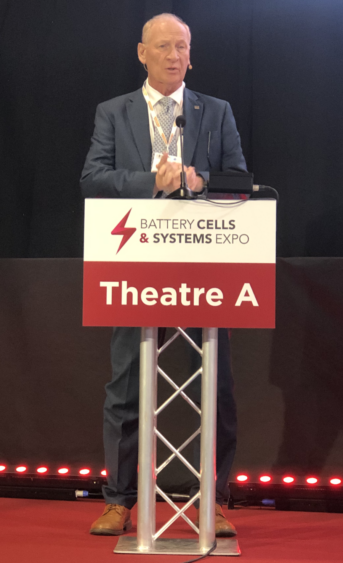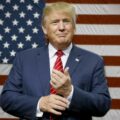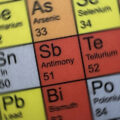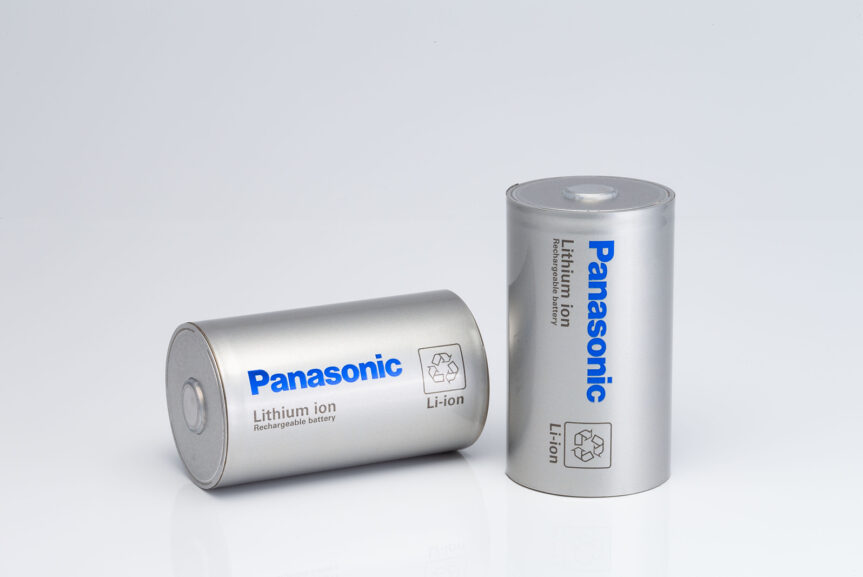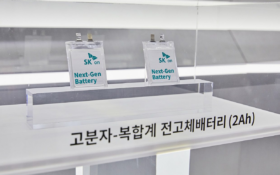In opening the Battery Cells & Systems Expo, conference chair Bob Galyen said unravelling geopolitical issues was a big consideration in fulfilling the insatiable world hunger for storing more energy.
Galyen, NAATBatt CTO and former CTO of Chinese battery maker CATL, told his audience in Birmingham, England, on Thursday that we are going through another industrial revolution – driven by electrification. “Because there’s damn near nothing in the world today that isn’t powered by a battery in some way, shape or form.”
Geopolitical challenges and opportunities exist almost in every country around the world, he said. “They’ve got materials or minerals that are necessary to build batteries. Many of the leaderships of those countries are utilising those to create value for their countries.”
He said the importance of battery materials like lithium, cobalt, nickel and graphite is “absolutely essential” to building great energy storage devices.
The current global distribution of these critical minerals is so important to every society around the world because it has become a national security issue for many countries.
He said China manufactures or processes 66–99% of all the raw materials in the world. This includes rare earth metals used in permanent magnet motors and also has significant process capabilities for graphite, lithium, cobalt and nickel.
The US has responded with its Inflation Reduction Act and its growing interest in securing supply chain and domestic sources is “pretty impressive”, he added. Chile and Argentina also have substantial lithium reserves.
The Democratic Republic of the Congo presents concerns because of the type of labour used in cobalt production. He later told BEST that many companies are actively tackling this and some, such as CATL and Tesla, actually send people to the DRC to police production and ensure decent standards.
International shipping is also an issue of potential concern due to tension in the Middle East. Fresh tariffs by the Biden administration on Chinese EVs announced this week are “a direct slap in the face of China”, which will draw a retaliatory strike, he said.
China’s President Xi Jinping has moved to restrict exports of advanced technology from China, while older technology is allowed out. Graphite exports have also been restricted.
Galyen forecasted disputes over territories and trade routes. He said price volatility drives fluctuations in demand, not least in lithium, which can have a devastating effect on battery costs.
Market monopolisation or supply chain restrictions can lead to price manipulation, he said. “If you get nickel out Indonesia, more than likely they’re going to force you to build a battery plant in Indonesia.”
Galyen called for more international governmental cooperation to get around geopolitical tensions. “The importance of continuing research and innovation and battery technology can’t be emphasised enough. New breakthroughs and technology will value all of mankind,” he said.

